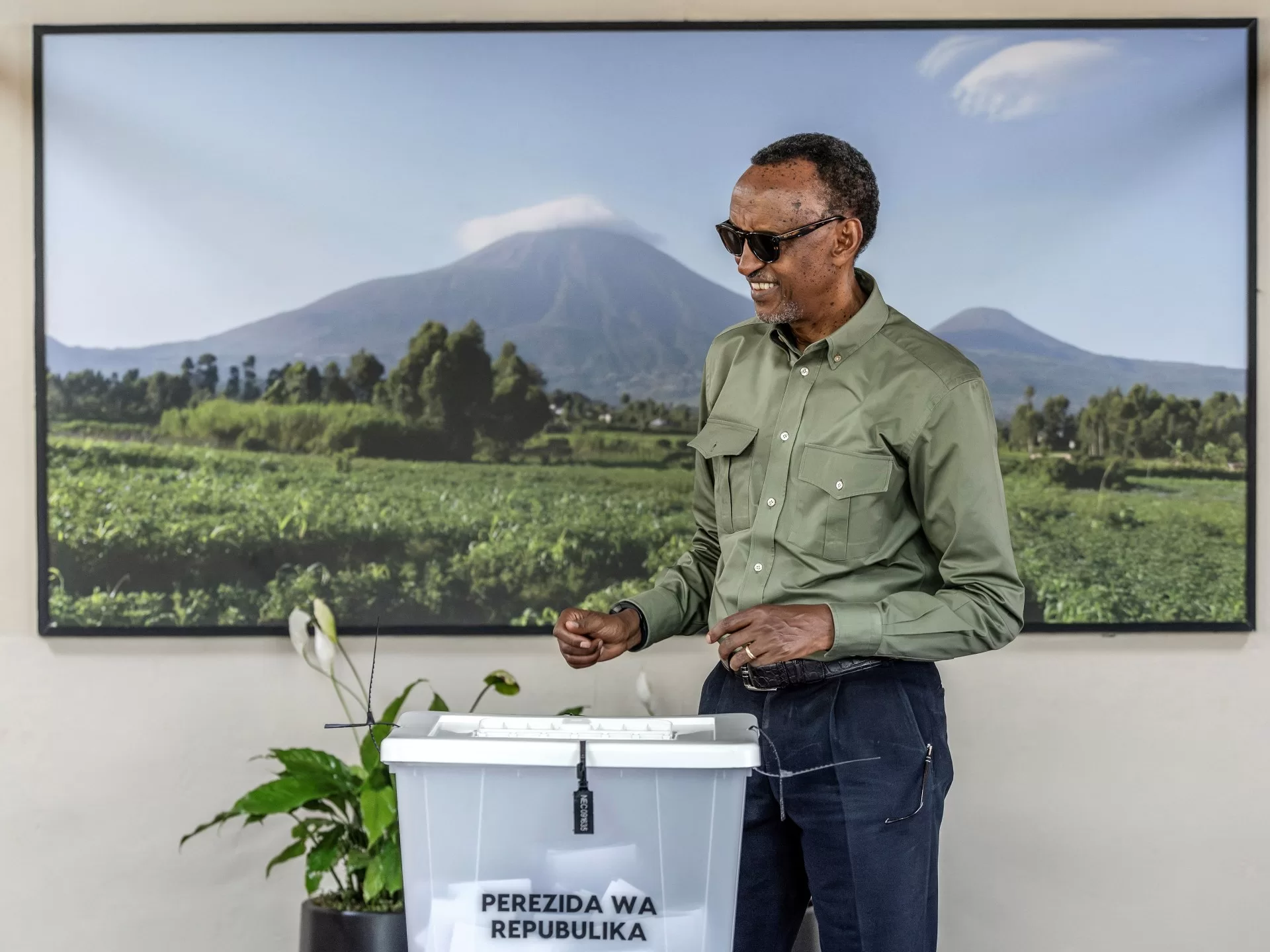If you do not understand how a leader can win a landslide victory with more than 99 percent of the vote, you do not understand Rwanda.
President Paul Kagame will serve another term in office after securing 99.15 percent of the 7,160,864 votes cast in the July 15 presidential polls. Voter turnout was 98 percent.
To comprehend the choices Rwandans made at the polls, it is necessary to understand where Rwanda is today in relation to its past.
Where once annual income per capita was as low as $130, today it’s nearly $1,000. Life expectancy has risen from a low of 40 years to 67 years. Currently, 83 percent of Rwandans can read and write, 91 percent of women give birth in health centres, and 77 percent of homes have access to electricity. Children receive free primary and secondary education in government schools, and farmers can access subsidised fertilisers.
Kagame and the ruling party, Rwandan Patriotic Front (RPF), are universally acknowledged as the architects of this progress. They are pursuing a vision of a developed Rwanda with world-class infrastructure, high standards of living and a welfare system that cares for its most vulnerable.
Rwanda’s prosperity and unity have been a long time coming.
The Belgian colonial policy of “divide and rule” led to the 1959 exile of tens of thousands of mainly Tutsis, fleeing violence driven by a Hutu supremacist ideology supported by both the church and the colonial state.
Rwanda’s two post-independence governments, first led by Gregoire Kayibanda and then by Major-General Juvenal Habyarimana, did little to improve national unity and development.
Both administrations were characterised by explicit discrimination against a section of citizens, romanticisation of subsistence agriculture, corruption, insularity, and a general lack of economic development.
Even worse was the denial of citizenship for Rwandans who had fled state violence. Refusing to allow the refugees to return, President Habyarimana famously remarked, “Where would we put them? Rwanda is like a glass full of water.” As a result, the refugees, under the banner of the RPF, forcibly entered Rwanda on October 1, 1990.
Led by Kagame, the RPF defeated the Habyarimana regime and stopped the 1994 genocide against the Tutsi. Once in power, Kagame, the RPF, and its coalition partners began rebuilding the nation.
By 2003, when the first post-genocide elections took place, gross domestic product (GDP) had reached $2.1bn from a low of $753m in 1994. A transitional justice process was under way and Rwandans were slowly learning to live together. Kagame won that election with 95 percent of the votes.
He then won the subsequent elections in 2010 and 2017 with even higher margins.
While some foreign observers acknowledge the development Kagame has brought about, they doubt his popularity and criticise the exclusion of certain darlings of the Western media from the elections. To those critics, I ask, should Rwanda apply electoral laws selectively?
Victoire Ingabire, one of Paul Kagame’s most vocal critics, fell afoul of a law banning those sentenced to prison terms exceeding six months from standing for electoral office. She was convicted in 2013 by the Supreme Court of conspiracy to cause insurrection and genocide denial and was sentenced to eight years in prison.
Ingabire wasn’t the only candidate denied the opportunity to run for the presidency. Six other prospective candidates – Herman Manirareba, Innocent Hakizimana, Fred Sekikubo Barafinda, Thomas Habimana, Diane Rwigara, and Jean Mbanda – were denied due to their inability to submit the necessary electoral documentation to the National Electoral Commission in time.
Even if they had run, the results likely wouldn’t have changed. The trust Rwandans have in Kagame and the RPF remains rock solid.
The most recent election results are a riposte to the cynicism, pessimism, and, dare I say, racism that seems to envelop African politics. Through these polls, Rwandans have rejected two dominant narratives: that African leaders cannot deliver for their people and that longevity in political leadership is always a bad thing.
The biggest challenge that Kagame and the RPF will face in the next five years is living up to their own development agenda. They have promised Rwandans more prosperity, and with a generation born after 1994 entering the workforce, reducing youth unemployment will be crucial.
Generation Z demands the well-paying jobs and ever-increasing living standards that the RPF promised them. Creating an economy that keeps young Rwandans engaged will be Kagame’s biggest task, but Rwandans trust that he is up to it.
The views expressed in this article are the author’s own and do not necessarily reflect Al Jazeera’s editorial stance.
